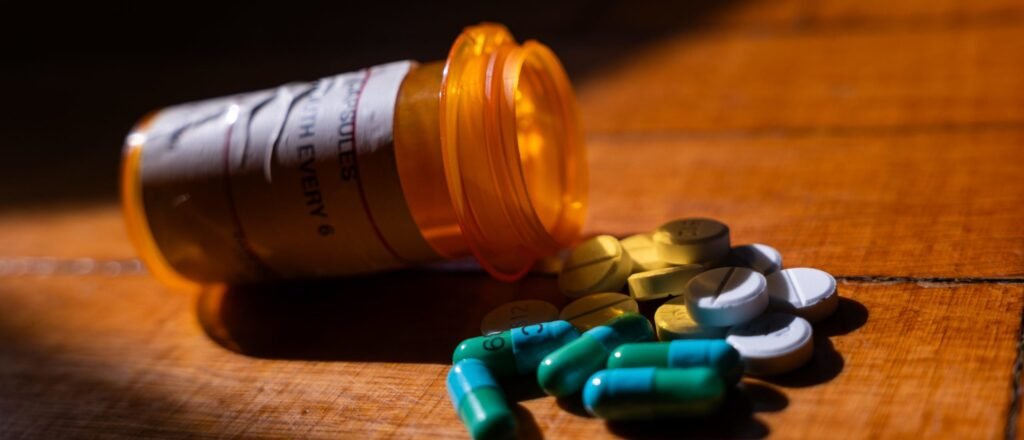Concerns About ADHD Medications
Subjective behaviors often associated with childhood, such as losing things, getting distracted, and not following directions, are frequently diagnosed as attention deficit/hyperactivity disorder (ADHD) in the medical field. Recently, a study published in the American Journal of Psychiatry indicated that a medium daily dose of Adderall—often exceeding three times the level thought to be safe—significantly increases the risk of developing psychosis or mania. In fact, patients on high doses saw their chances spike by 500%. Alarmingly, long-term use of ADHD medications may even stunt children’s physical growth.
The primary medications prescribed for ADHD are amphetamines like Adderall and Vyvanse, substances that share similarities with methamphetamine, a street drug linked to numerous fatalities in the U.S. It’s baffling to see parents opt for strong amphetamines for their children at such young ages. It raises a question: What happened to teaching self-control? If kids are constantly given drugs to manage their behavior, when do they learn to regulate themselves?
It’s confusing, really. We seem to be outraged by the practice of medicating children for decades, yet studies show that these interventions often lack long-term benefits. Adults who took ADHD medications two decades ago are now navigating life struggles. As noted in an article from The New York Times Magazine, the market for amphetamines primarily targets adults now. In 2012, there were five million prescriptions for ADHD in Americans in their 30s, and that number has tripled in ten years. It’s troubling to think of the long-term impacts on those lives.
I have seen firsthand the grim consequences of amphetamine addiction, particularly through my son who has battled it for much of his adult life. It’s a stark transformation, one that tears apart relationships and ruins lives. The cycle of addiction can take a toll after mere days without sleep, as these drugs suppress appetite and lead to weight loss and other health issues. Watching someone close to you suffer like this is heart-wrenching. Why, then, would we choose to prescribe such drugs to young children?
A recent article in The New York Times Magazine sheds light on the unprecedented rise in ADHD diagnoses and urges a reconsideration of our assumptions about the condition. A comprehensive study from the National Institute of Mental Health compared stimulant treatments with non-drug approaches and revealed that after 36 months, the benefits of stimulants seemed to vanish, prompting the lead researcher to assert that stimulants are not as beneficial as once believed.
Statistics show an alarming growth in ADHD diagnoses among children. From 3% in 1993 to an all-time high of 11.4% last year, the increase is undeniable. Yet, no definitive biological tests exist for ADHD, even though for over 40 years, parents have been told their children’s brains are flawed and rely on medication for success in school. Studies have suggested that these medications do little to enhance cognitive ability or academic performance.
A recent executive order by President Trump established the Mark America Healthy (MAHA) Committee, aimed at addressing concerns related to children’s health. Among the findings, over-prescription of medications like those for ADHD was highlighted as a significant factor in the declining health of American children, largely driven by corporate interests.
The MAHA Committee’s report is essential reading for parents, particularly those considering medication for ADHD. It’s my hope that the committee will propose strong measures to eliminate harmful practices, including the widespread prescription of amphetamines to young kids.







